A devastating maritime tragedy unfolded off the coast of Indonesia's Aceh province, with fears rising for the lives of many Rohingya people after their wooden boat capsized, as reported by Al Jazeera. The harrowing incident, which occurred on Wednesday morning, claimed the lives of at least 50 individuals among the estimated 150 Rohingya passengers on board.
The ill-fated voyage took a tragic turn when the wooden boat, en route to Indonesia, succumbed to the wrath of angry waves, approximately 19 kilometers from Kuala Bubon beach on Aceh's west coast. While six survivors were rescued by Acehnese fishermen and brought ashore, grim accounts from the survivors paint a dire picture of the ordeal faced by those onboard.
According to Faisal Rahman, the representative of the United Nations refugee agency UNHCR, survivors recounted the tragic loss of many fellow passengers, with estimates suggesting that around 50 individuals perished in the boat sinking. Among the victims, women and children bore the brunt of the disaster, unable to navigate the treacherous waters amidst strong currents.
Heart-wrenching videos captured by local fishermen underscore the desperate struggle for survival as passengers, predominantly male, clung to the overturned boat in a frantic bid for rescue. While rescue efforts were mobilized swiftly, including the dispatch of a rescue ship from Indonesia's national search and rescue agency, hopes waned as the search yielded no immediate results.
The incident sheds light on the perilous journey undertaken by Rohingya refugees, fleeing persecution in Myanmar and seeking sanctuary in neighboring countries. The influx of Rohingya refugees into Indonesia has surged in recent months, underscoring the urgent need for concerted international efforts to address the root causes of displacement and provide safe pathways for asylum seekers.
As rescue operations continue in the wake of this tragic maritime disaster, the international community faces a sobering reminder of the ongoing plight of Rohingya refugees and the imperative to redouble efforts to prevent further loss of life at sea.



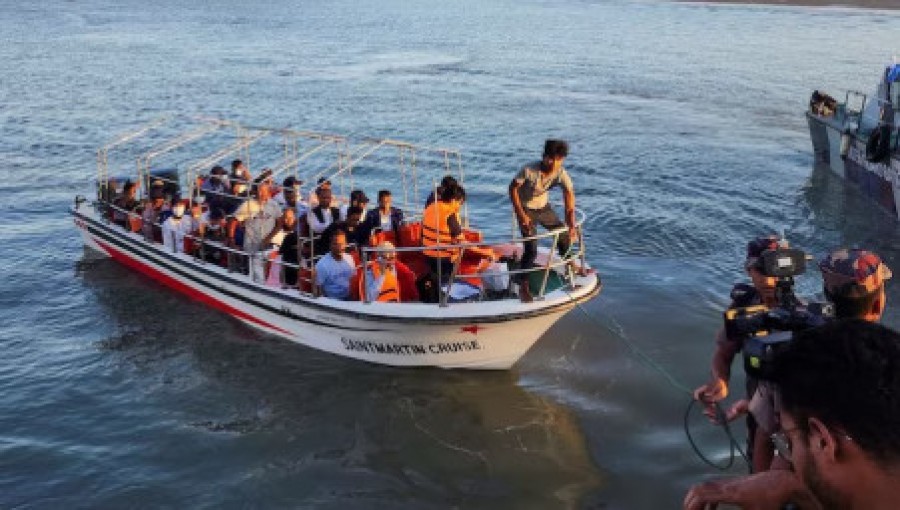
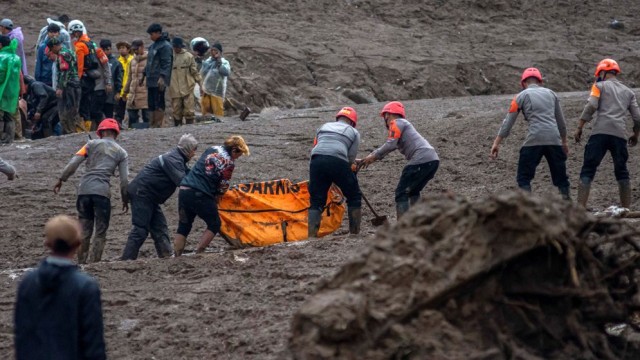
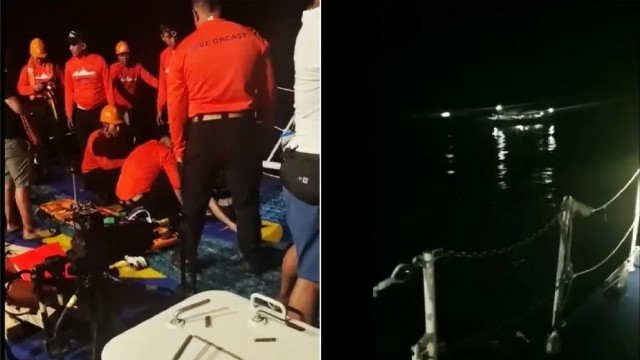






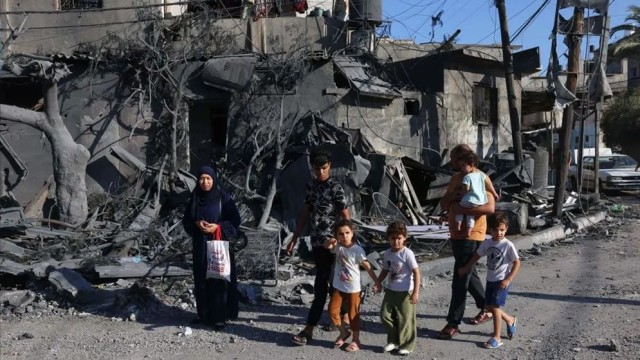















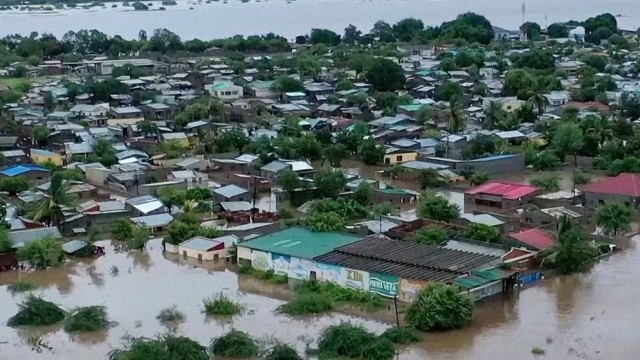
Comment: